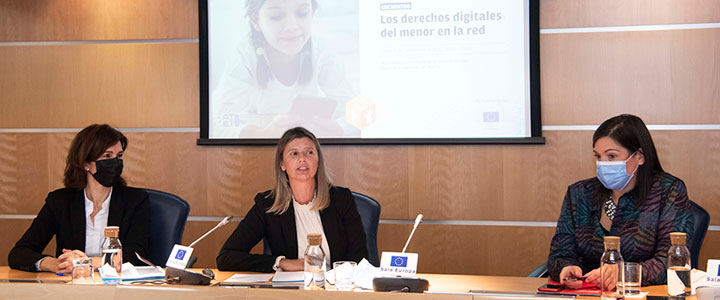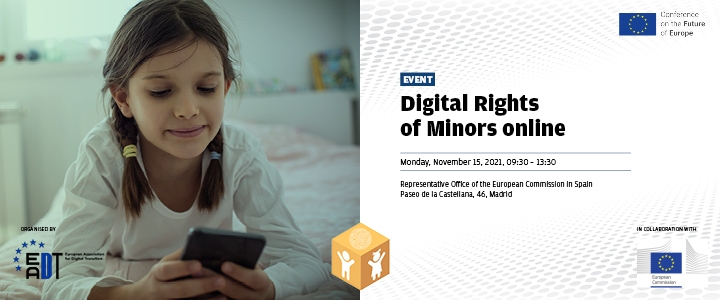The digital environment should be friendly and safe for minors. However, reality shows that websites and social networks have become a risk for children and adolescents, who suffer online from harassment, violence, intimidation… and are exposed to all kinds of content, from inappropriate advertisements to extreme pornography. Meanwhile, their data is commercialised by the large platforms that make up the Internet, who take little action to control these serious problems.
Read moreWorld Children’s Day: the big tech business model is toxic for children and adolescents




